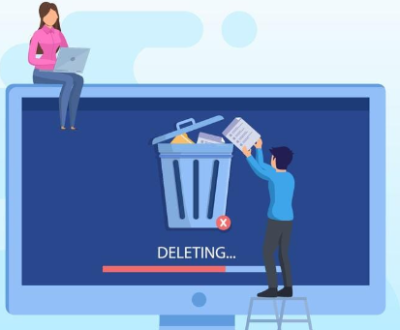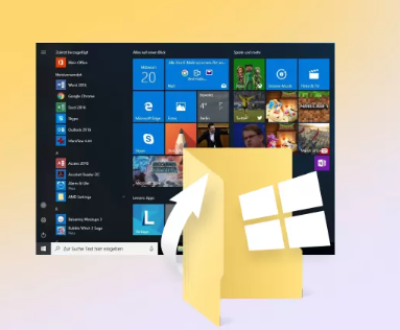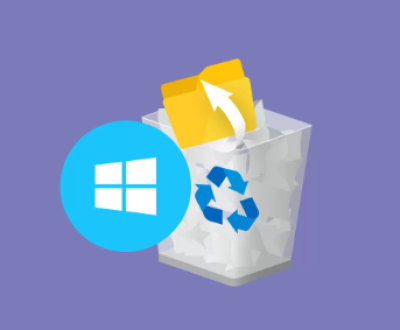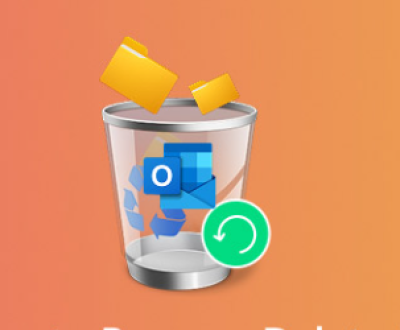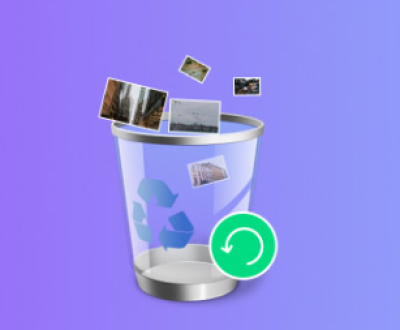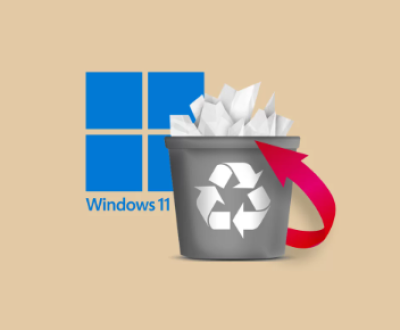When working with virtual drives, software installers, or backups, you might encounter the frustrating error message: “The disk image file is corrupted.” This issue can prevent access to essential files or interrupt critical workflows. Fortunately, this guide offers a comprehensive breakdown of what causes this error, how to diagnose it, and practical steps to resolve and prevent it.
A disk image file is a single file or storage device that contains the complete contents and structure of a disk volume or storage device. Common formats include ISO, IMG, VHD, and VHDX. These are often used for backup purposes, software installation, system recovery, or virtualization.
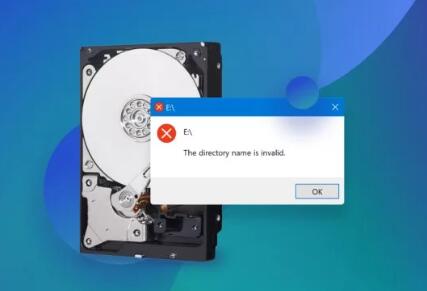
Common Formats:
ISO: Often used for optical disc images.
IMG: General purpose disk image.
VHD/VHDX: Virtual Hard Disks used by Microsoft Hyper-V and other virtual machines.
Causes of Corruption
Interrupted Downloads: Incomplete downloads of image files can render them unusable.
Virus or Malware Infection: Malicious software may damage disk image files.
Bad Sectors on the Storage Device: If a hard drive or USB drive has physical issues, it can corrupt files.
Software Conflicts or Crashes: Programs that write or mount images can crash, corrupting the file.
Improper Shutdowns: Sudden power loss or improper ejection can damage disk images.
Data Transfer Errors: Moving image files between devices can introduce corruption if connections are unstable.
Diagnosing the Problem
Error Message: Usually displayed when attempting to mount or open the disk image.
Checksum Validation: Compare the hash of the original file to the downloaded one.
File Size Anomalies: If the image file is significantly smaller than expected, it may be incomplete.
Mounting Tools Fail: Utilities like Windows Explorer, PowerISO, or Daemon Tools may fail to open the file.
Virtual Machine Errors: Hyper-V or VirtualBox may refuse to boot from or attach the image.
Solutions: Fixing a Corrupted Disk Image
1. Redownload the File
If the file was downloaded from the internet, try downloading it again. Use a reliable connection and ensure the download completes successfully.
2. Use Disk Image Repair Tools
Several utilities can attempt to repair corrupted image files:
Stellar Data Recovery
DiskInternals ISO Recovery
MagicISO (legacy, but sometimes useful)
CHKDSK (for checking the physical drive storing the file)
3. Try a Different Mounting Tool
Some programs are better at handling partial or corrupted images. Try:
PowerISO
WinCDEmu
Virtual CloneDrive
7-Zip (for extracting contents rather than mounting)
4. Check Disk for Errors
If the image resides on a possibly failing hard drive:
Open Command Prompt as Administrator
Run chkdsk /f X: (replace X with the drive letter)
5. Extract Files Instead of Mounting
Sometimes you can bypass corruption by extracting usable files:
Use 7-Zip or WinRAR to extract the image.
You may retrieve partial data even if the full image can’t be mounted.
6. Use Hex Editors
Advanced users can inspect the binary structure:
Tools like HxD allow you to scan for missing headers or zero-byte padding.
This is only recommended if you’re familiar with file systems and structures.
Preventing Disk Image Corruption
Verify Downloads Use tools like md5sum or sha256sum to verify integrity.
Keep Your System Secure Use antivirus software to prevent malware attacks.
Eject Drives Properly Always safely eject USB drives and external HDDs.
Use Reliable Power Sources UPS (Uninterruptible Power Supply) units can prevent corruption due to outages.
Avoid Multitasking During File Transfers Heavy load on your system while transferring files may cause I/O conflicts.
Advanced Troubleshooting: VHD/VHDX Files
Virtual hard disk files are especially prone to corruption, especially when used with virtualization platforms like Hyper-V.
Repairing VHD/VHDX:
Use Hyper-V Manager > Inspect Disk
Try Edit Disk > Compact or Merge
Use PowerShell:
Repair-VHD -Path “C:\Path\To\Your.vhdx”
Create a New VHD and Attach Old One:
Create a new virtual machine.
Add a secondary hard drive.
Attach the corrupted VHD/VHDX as a secondary drive.
Boot the VM and attempt file recovery from the attached drive.
When All Else Fails: Data Recovery Services
If none of the software-based solutions work, consider professional help:
DriveSavers
Ontrack Data Recovery
Secure Data Recovery
These services can handle severe cases, including physical damage or heavy logical corruption.
Encountering a corrupted disk image file can be alarming, but it doesn’t have to mean the end of your data. Whether it’s an ISO, VHD, or IMG, most corrupted disk image issues can be resolved through systematic troubleshooting. By understanding the causes, using the right tools, and practicing good file management, you can often recover your data and prevent similar problems in the future.
About us and this blog
Panda Assistant is built on the latest data recovery algorithms, ensuring that no file is too damaged, too lost, or too corrupted to be recovered.
Request a free quote
We believe that data recovery shouldn’t be a daunting task. That’s why we’ve designed Panda Assistant to be as easy to use as it is powerful. With a few clicks, you can initiate a scan, preview recoverable files, and restore your data all within a matter of minutes.

 Try lt Free
Try lt Free Recovery success rate of up to
Recovery success rate of up to

